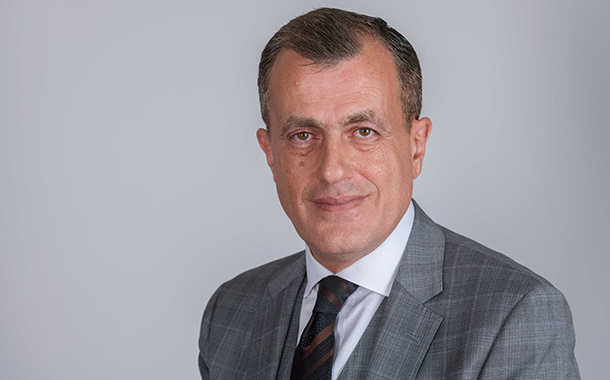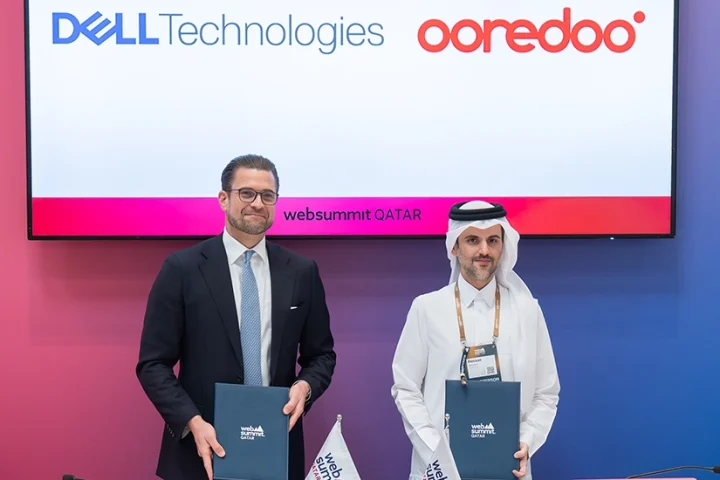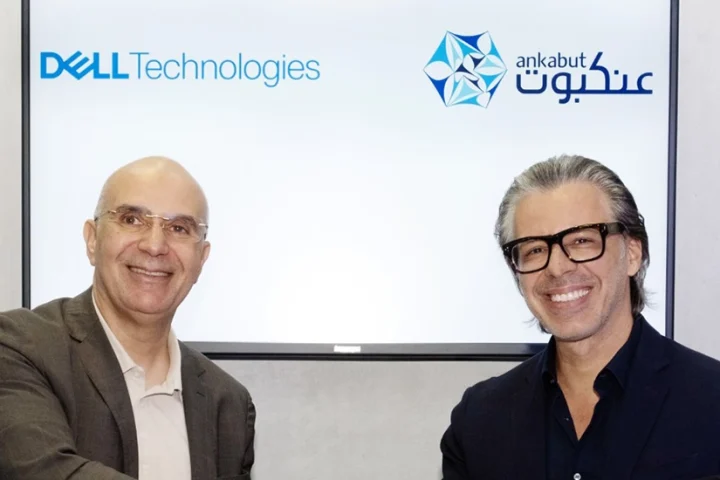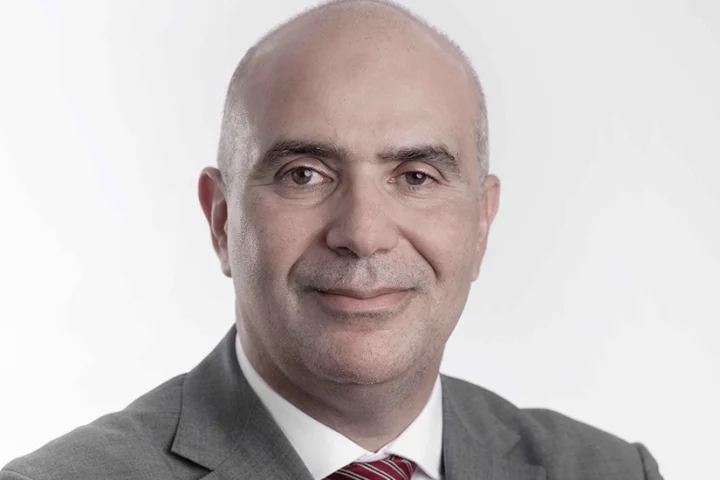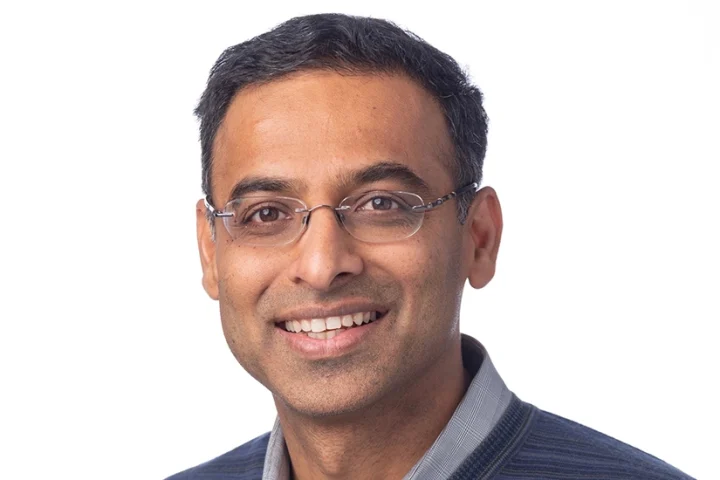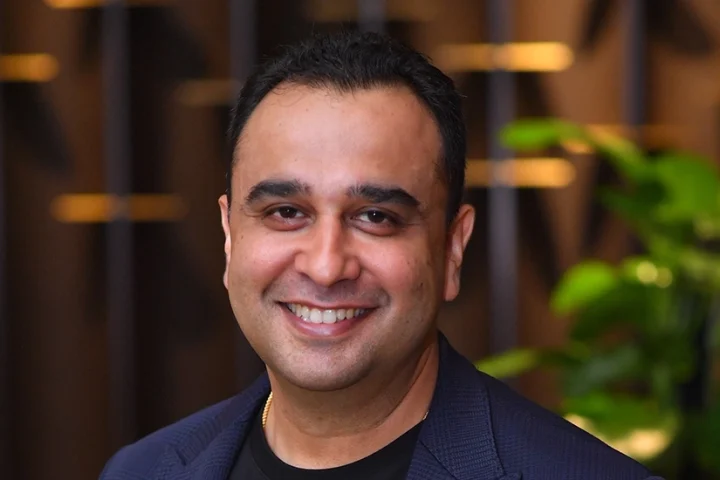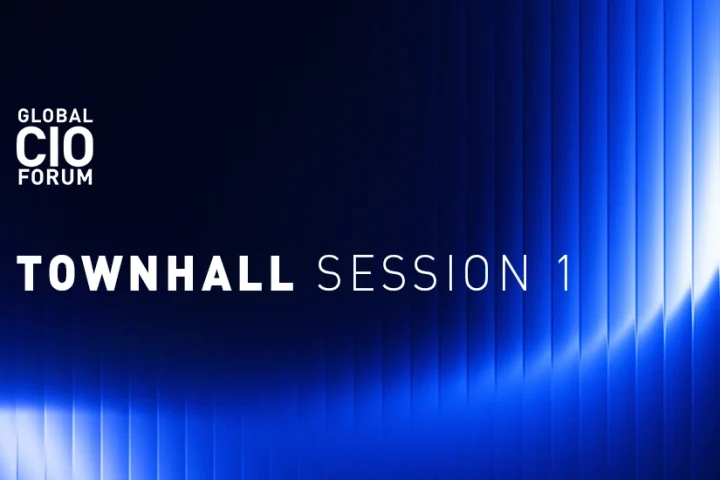Today’s data centres are evolving into modern facilities that are radically transforming and featuring the latest technologies. The first step toward supporting this significant change is to modernise the infrastructure components on which IT is built or, in other words, to become a Modern Datacentre.
This can be achieved in multiple ways through a converged infrastructure that allows for all-in-one storage, compute, and network platforms in a transformative consolidation of elements, a Software defined Data Centre driven Hybrid or three Tier architecture with advanced functionality and integration with Date Centre Virtualisation and automation management.
Modern Data Centre approaches include state-of-the-art technologies such as flash, Storage Class Memory scale-up and scale-out, software-defined, and cloud-enabled systems as well as automation, all of which we can support at Dell Technologies. We deliver tailored IT infrastructure from the edge to the core to the cloud for customers who want to expand capabilities.
Lastest technology trends
Virtualisation technologies, software-defined data centres including adding the elements for micro segmentation, workload isolation and security, have been an exciting trend because they allow multiple users, aka tenants, to manage their services delivery of application regardless of the physical infrastructure limitations that may exist.
Another trend which is emerging very rapidly is the Containerisation of the infrastructure management traditional IT, and reliance on the CSI interfaces in the infrastructure element manager for container orchestrator to support a DEVOPS style management of the Data centre. This trend is an area of extreme interest and we should watch it, in addition to the increase in artificial intelligence and machine learning applications, we have seen innovations in this domain and we expect the innovation to continue.
Current pain points
Massive amounts of data are being generated, and workloads are also becoming more complex and different from one another, in turn changing the hardware requirements. Storage, network bandwidth, cost and scalability remain among the top data centre concerns and key priorities when it comes to investing in storage resources.
CIO’s are also tasked with identifying data centre requirements, and the distribution and growth of applications across cloud, hybrid, data centre, and SaaS environments. This can create increased expectations for vendors who need to ensure they are providing equipment, staffing, power capacity and continued maintenance while also being cost-efficient, secure, and providing automation where needed.
Future of the enterprise data centre
Organisations are increasingly looking into decreasing their use of data centres and in-house physical servers, in favour of cloud hosting. This, however, will not displace the enterprise data centre.
With increased demands for cloud computing, data centres have developed hybrid cloud architecture and multi-cloud solutions, allowing companies to take advantage of the power of public cloud computing while still enjoying the security and control of a private network. Massive amounts of data and increase in adoption of AI will still create a need for data centres, and data centre providers will in turn increasingly specialise in niche solutions.
According to a report from ResearchandMarket.com, the data centre market in the Middle East is likely to grow at a CAGR of 7% during 2018-2024. As governments and enterprises move forward with their digital transformation agendas, there is an increasing need to migrate from server room operations to data centre services such as managed services, co-location and hybrid infrastructure.
The paradigms associated with datacentre technology will continue to evolve dramatically and as they do, new skills, tools and resources will come into play. More organisations will take up multi-data centre strategies that will consider changing organisational needs, and migration from single, secure, and tightly managed data centres to a network of distributed, dynamically interconnected systems deploying clouds, microservices, and software-defined networks.
By Ossama El Samadoni, Senior Sales Director, MERAT, Dell Technologies.



